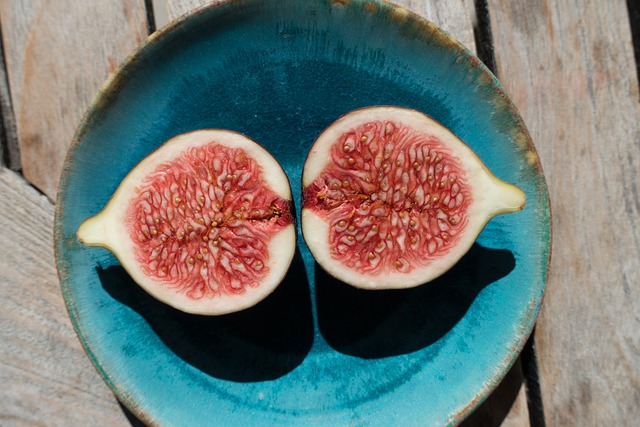Can Probiotics Help Reduce Anxiety and Stress?
Anxiety and stress are common symptoms that affect many people’s lives. They can be caused by external factors such as work-related stress, financial problems, or personal relationships. These symptoms can be detrimental to one’s mental and physical well-being. Recent research has focused on the use of probiotics as a potential solution to anxiety and stress.
Probiotics are live microorganisms that provide health benefits when consumed in adequate amounts. They’re found in foods like yogurt, kefir, and other fermented products. Probiotics are also available as dietary supplements in the form of capsules, tablets, or powders. Research on probiotics has indicated that they can improve gut health, enhance the immune system, and support mental health.
How Probiotics Work
To understand how probiotics can reduce anxiety and stress, it’s important to know how they work. The gastrointestinal tract houses trillions of microorganisms, including bacteria, viruses, and fungi. These microorganisms collectively make up the gut microbiota.
Research has shown that gut microbiota interacts with the immune system, the central nervous system, and the endocrine system. This interaction is known as the gut-brain axis. The gut-brain axis is a complex network that regulates various physiological processes, including digestion, metabolism, and mood. Probiotics can influence the gut-brain axis by improving gut health, modulating the immune system, and regulating neurotransmitters.
Evidence for Probiotics and Anxiety
Several studies have investigated the effects of probiotics on anxiety. A 2017 review of 10 randomized controlled trials found that probiotics significantly reduced symptoms of anxiety in both healthy and clinical populations. Another review of 25 randomized controlled trials indicated that probiotics may improve anxiety symptoms in patients with irritable bowel syndrome (IBS), a common gastrointestinal disorder associated with anxiety and depression.
A 2018 study published in the journal Frontiers in Psychiatry found that a probiotic supplement containing Lactobacillus acidophilus, Lactobacillus casei, and Bifidobacterium bifidum significantly improved anxiety symptoms in patients with major depressive disorder. Another study published in the journal PLOS ONE in 2018 showed that a multispecies probiotic containing Lactobacillus helveticus and Bifidobacterium longum reduced symptoms of social anxiety in healthy adults.
Evidence for Probiotics and Stress
Stress is a complex physiological response to external stimuli. It can trigger various physiological changes in the body, including the release of stress hormones like cortisol. Chronic stress is associated with numerous health problems, including heart disease, diabetes, and mental health disorders.
Several studies have investigated the role of probiotics in mitigating the effects of stress. A 2019 study published in the journal Brain, Behavior, and Immunity found that a multispecies probiotic containing Lactobacillus and Bifidobacterium reduced circulating cortisol levels and improved cognitive function in healthy adults exposed to an acute stressor. Another study published in the journal Scientific Reports in 2018 showed that a probiotic containing Lactobacillus plantarum reduced stress-induced inflammation and improved symptoms of depression in mice.
Conclusion
Overall, the evidence suggests that probiotics may be an effective tool for reducing symptoms of anxiety and stress. While more research is needed to determine the optimal dosages and strains of probiotics, the current findings are promising. Probiotics are generally safe and well-tolerated, but individuals should consult their healthcare provider before using any dietary supplement.
If you’re interested in incorporating probiotics into your diet or supplement regimen, it’s essential to choose high-quality products from reputable brands. Look for supplements that contain a variety of strains and high bacterial concentration. Additionally, it’s essential to maintain a healthy lifestyle by exercising regularly, eating a balanced diet, and getting enough sleep.







